It has been 132 days since a group of over 250 students walked out to show support for sexual assault victims and to protest McCallum’s handling of sexual assault cases. The walkout inspired difficult conversations between administrators, students and teachers alike. Since then, the newly renamed student organization, Knights Against Sexual Abuse, has been working on creating a culture of consent at McCallum.
Knights Against Sexual Abuse, or KASA, has recently partnered with SAFE Austin, a local organization dedicated to assisting survivors of sexual abuse and sexual assault. Randy Randolph, head of SAFE’s Expect Respect program, works with schools to aid in creating a culture of consent. She has been working directly with members of KASA to organize a series of events this spring to educate community members, including parent conversations, student assemblies, and teacher trainings.
“We’re really trying to engage in educational opportunities around this as a preventative measure,” principal Nicole Griffith said. “We don’t want any of our students to go through this, so we want them to be able to have the vocabulary and the confidence to avoid situations like that, on all sides. We want them to have the knowledge to understand and respect boundaries, and to expect other people to respect boundaries.”
Student leaders with KASA have been working hard to implement these educational opportunities, and they are thankful for the cooperation of administrators and teachers.
“The administration and the teachers at this school have wanted to be involved,” said senior Clarissa Castro, a student leader of KASA. “They’ve worked well with us. I think we needed to initiate some things to kind of get the ball rolling, but once we had something formed, and once we had plans, they’ve been really cooperative about making it happen.”
KASA has planned to hold assemblies in May, in cooperation with SAFE Austin, to educate students about boundaries, consent and respect. The students of KASA will collaborate with Randolph to create a presentation that will be given to students of all grade levels.
Griffith said that the involvement of student voices is integral to this initiative to change the culture at McCallum.
“We want students at the table,” Griffith said. “When we first met with Expect Respect, we had three students at the table really informing what we were doing, and we need to have that. It can’t be something that’s just coming from adults to kids. I think we need kids involved at the organizing side of this. Part of the problem came about because students felt they weren’t being listened to, so we don’t want that.”
The KASA leaders are thankful to have Randolph’s expertise as they seek to provide students with the resources they need.
“It’s so hard to find information without a professional,” said junior and KASA leader Margaret Hearne. “We couldn’t find anything online. So, it’s really nice to have her [Randolph], because she comes from a legal background.”
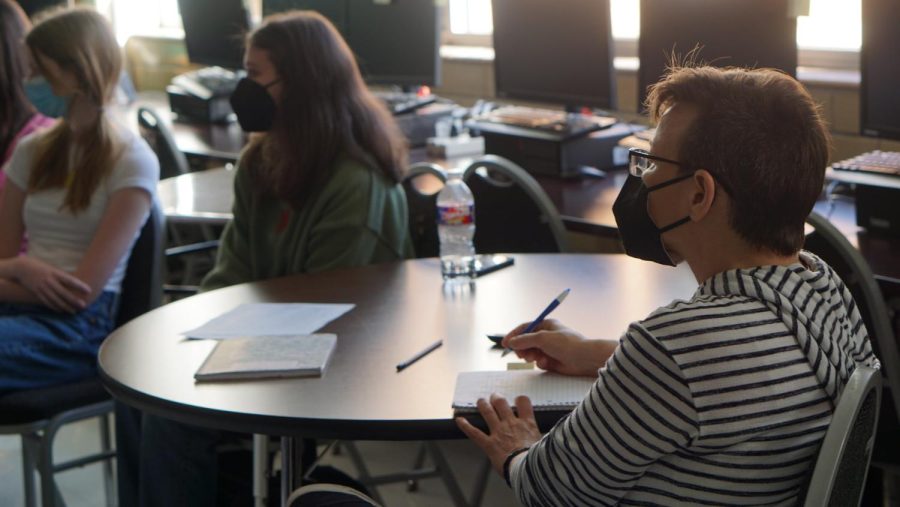
Junior and KASA leader Sofia Dorsett found that the walkout destigmatized the topic of sexual assault, which made it easier for victims to share their stories. This, she said, increased the urgency for KASA to get the ball rolling on creating positive change.
“More people starting coming out, which is good, but it was also kind of negative, because at that time, we also had nothing implemented,” Dorsett said. “We hadn’t had any assemblies or anything like that, so it was still coming out, but there was no way for us to help. But now, with SAFE, it’s all happening really quickly, but now we finally have things in place to help these people.”
The KASA leaders were also challenged with losing members when the buzz surrounding the walkout died down.
“At our first meeting, we had 70-80 students there,” Dorsett said. “It kind of slowed down, we lost our FIT time due to COVID. At one point, it was just the three of us. And we really tried to keep the momentum going, but it really took SAFE being here to kind of get the ball re-rolling after we had gotten the ball rolling.”
Kelly Wroblewski, teacher sponsor of KASA, agrees that their partnership with SAFE is helping to move things along. Randolph has been working with student survivors of sexual assault, and Wroblewski is thankful for her expertise.
“What I think McCallum needs is an expert,” Wroblewski said. “I think, if you ask any administrator, sometimes even the counselors, anybody—nobody’s an expert in this stuff. And so, I am super excited that there’s an expert in the room.”
Wroblewski looks forward to the progress yet to be made in the future.
“Ultimately, we officially have a partnership with these folks [SAFE] that’s going to keep going all the way through next school year and hopefully years after,” Wroblewski said. “This was just sort of the tip of the iceberg.”
The KASA leaders plan to continue the momentum next year by ramping up availability of resources for survivors of sexual assault and making it easier for victims to report. In addition, McCallum’s partnership with Expect Respect will continue in multiple ways, beginning with student support groups.
“Starting next year, we will have some people from Expect Respect who will be providing groups [that] may be talking to students who want to talk about these things in a smaller setting, or maybe need some extra help remembering and understanding boundaries,” Griffith said.
KASA leaders also hope to strengthen club membership so that when the leaders graduate, there will be students who can keep the progress going.
“I would say we recruited a lot of freshmen, we’re trying to recruit more sophomores,” Dorsett said. “We’re definitely trying to reach the underclassmen to keep it going, and once we graduate, we hope that’ll still keep it going. And Ms. Griffith has talked about wanting to keep KASA a thing at this school, and that is really important, so we’re just trying to keep a good base.”
Wroblewski emphasized that the continuation of the current progress is vital to KASA’s efforts to make positive change.
“What Ms. Griffith has committed to is maintaining a healthy partnership,” Wroblewski said. “This isn’t something where we’re going to do a couple assemblies in May and go, ‘There’s that box, we checked it.’ This is not a box to check, this is a culture to create, so we’re going to try to move to create that culture.”
—with reporting by Elisha Scott and Evelyn Griffin


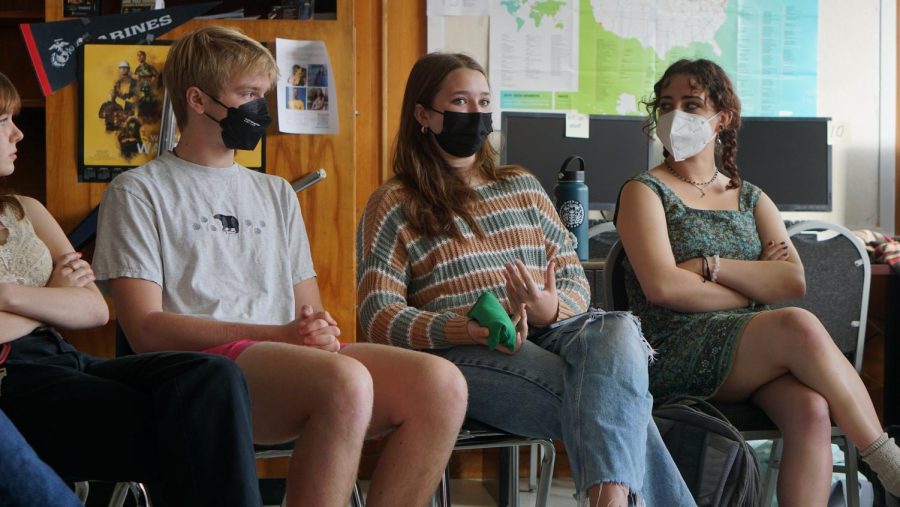


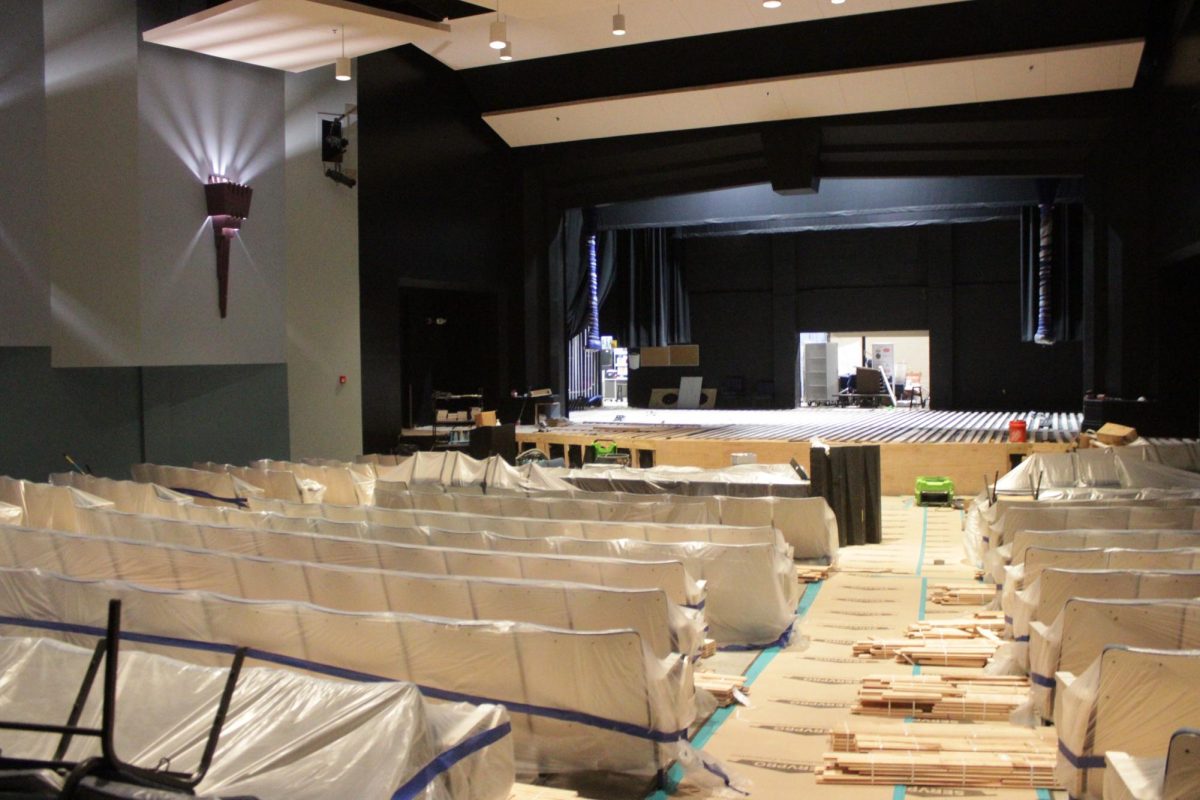
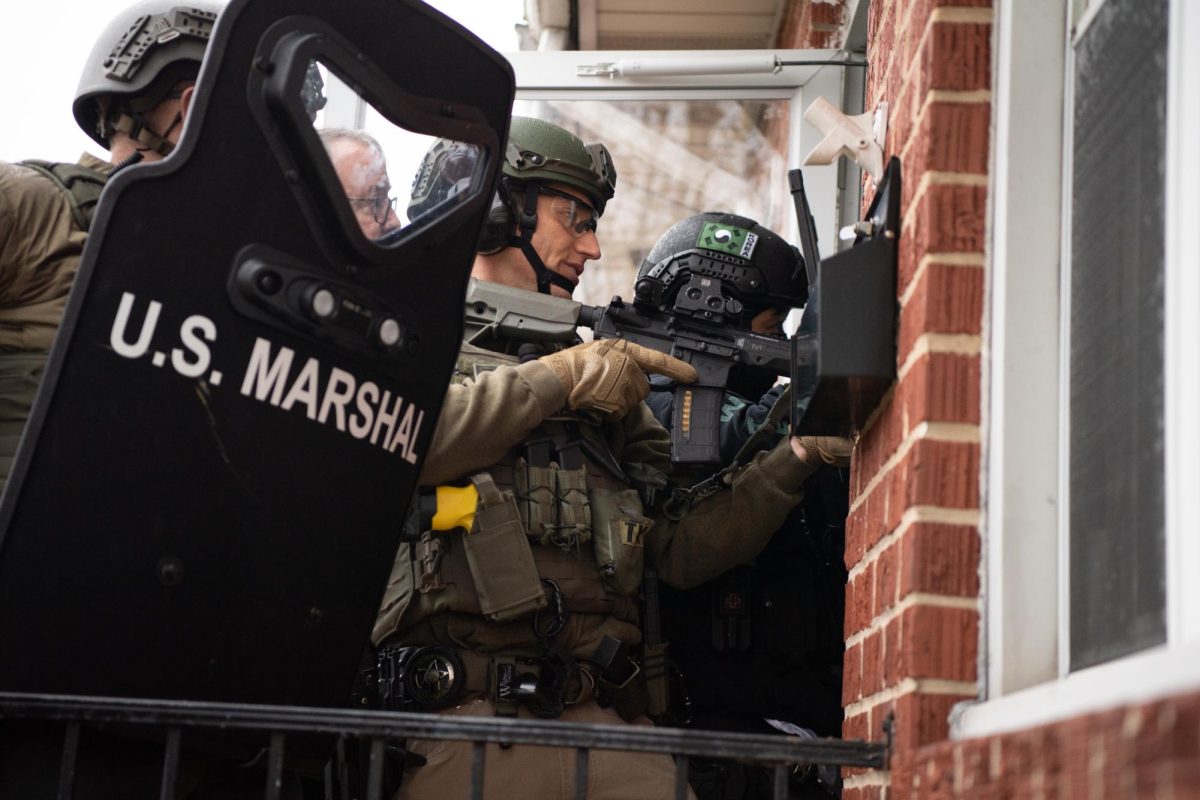
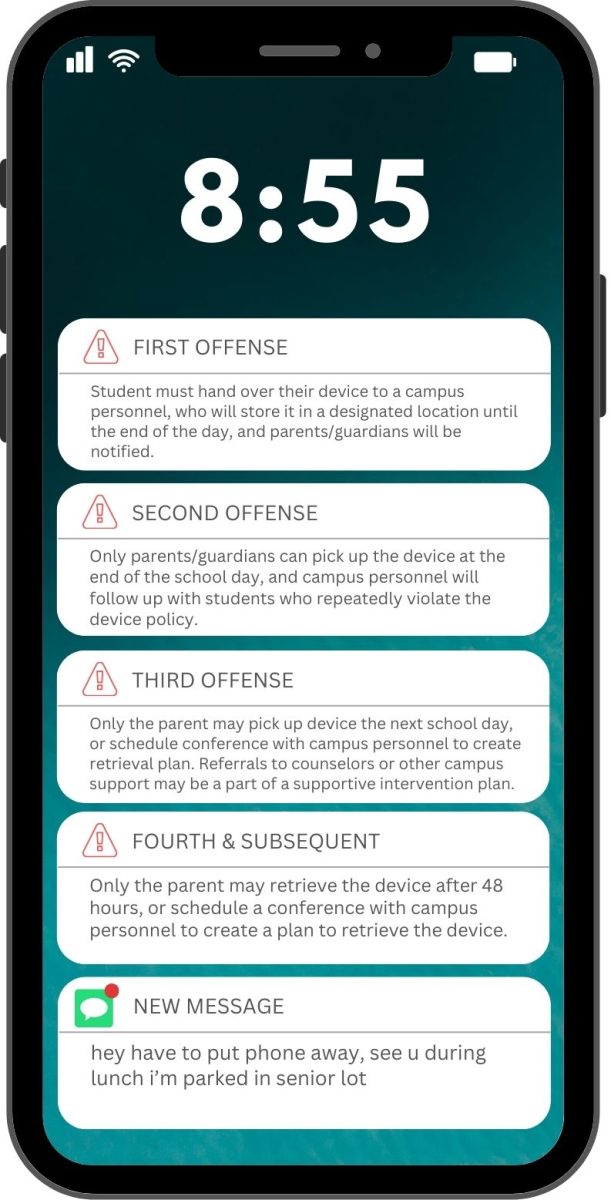

Marina Salaverria • May 19, 2022 at 9:34 am
This is awesome. I feel like finally something little is going to make a big change. Go us!
Esme Ostrow • May 4, 2022 at 1:58 pm
I enjoyed reading this, I’m glad something that started as an attempt to lessen the population of the walkout, (the walk-in) has become an organization truly working for change.